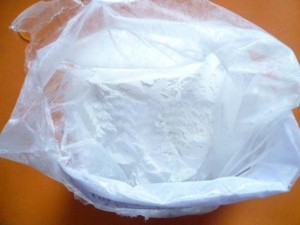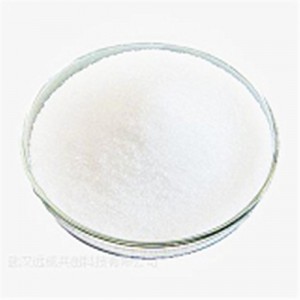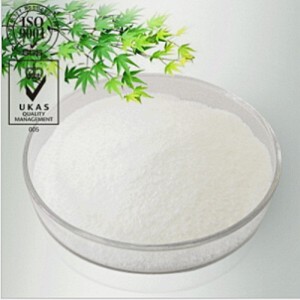Effective Anti-cancer Drug Belotecan CAS Number:256411-32-2
Details
Name: Belotecan
CAS Number:256411-32-2
Chemical Formula:C25-H27-N3-O4
Molecular Weight;433
Therapeutic Category:Antineoplastic agent
Chemical Name:(4S)-4-etyl-4-hydroxy-11-[2-(isopropylamino)etyl]-1,12-dihydro-14H-pyrano[3',4':6,7]indolizino[1,2-b]quinoline-3,14(4H)-dione (WHO)
Foreign Names
Belotecanum (Latin)
Belotecan (German)
Bélotécan (French)
Belotecán (Spanish)
Generic Name
UNII-27Z82M2G1N (IS)
Purity: 99.9%
Apperance: white powder
Package:1kg/foil bag or as your inquiry
Shelf life:2 years
Standard:Enterprise Standard
Price:negotiable
MOQ:10g
Specification:ISO9001,USP,BP
Trade Mark:CQSP
Port:Shenzhen/Shanghai,China
Production Capacity:5000kg/month
Shipping: FedEx, DHL, EMS, TNT, HK EMS, Eub, Etk
Payment: Western Union, Moneygram, T/T, Bitcoin
Delivery time: Parcel can be sent out within 24 hours after your payment, 4~7 days to arrive.
More details pls contact:Whatapp:86 13048470428
Skype/E-mail : summer at chembj.com
Description
Belotecan is a drug used in chemotherapy. It is a semi-synthetic camptothecin analogue indicated for Small Cell Lung Cancer and Ovarian Cancer, approved in South Korea under the trade name Camtobell(R), presented in 2 mg vials for injection. The drug is marketed by ChongKunDang Pharmaceuticals since 2003
Belotecan blocks topoisomerase I with a pIC50 of 6.56,stabilizing the cleavable complex of topoisomerase I-DNA, which inhibits the religation of single-stranded DNA breaks generated by topoisomerase I; lethal double-stranded DNA breaks occur when the topoisomerase I-DNA complex is encountered by the DNA replication machinery, DNA replication is disrupted, and the tumor cell undergoes apoptosis. Topoisomerase I is an enzyme that mediates reversible single-strand breaks in DNA during DNA replication.
Introduction
Belotecan (Camtobell, CKD602) is a new camptothecin-derivative antitumor agent that belongs to the topoisomerase inhibitors. The aim of this study was to evaluate the efficacy and safety of belotecan monotherapy as a second-line therapy in patients with relapsed or refractory small cell lung cancer (SCLC).
METHODS:
Between June 2008 and August 2011, a total of 50 patients with relapsed or refractory SCLC were treated with belotecan 0.5 mg/m for 5 consecutive days, every 3 weeks. We evaluated the overall response rate (ORR), the progression-free survival (PFS), and the overall survival (OS), and toxicity according to sensitivity to initial chemotherapy.
Results
The median age was 66 years (range, 43-84 years) and Eastern Cooperative Oncology Group performance was 0 or 1 in 34 patients (68%) and 2 in 16 patients (32%). Twenty patients (40%) had sensitive relapse and 30 patients (60%) had refractory disease. The ORR, PFS, and OS for sensitive patients were 20% (95% confidence interval [CI], 8-40), 2.8 months (95% CI, 0.53-5.06), and 6.5 months (95% CI, 1.58-11.42), respectively. In the refractory group, the ORR, PFS, and OS were 10% (95% CI, 1-21), 1.5 months (95% CI, 1.25-1.75), and 4.0 months (95% CI, 3.40-4.60), respectively. Most commonly reported grade-3 or -4 adverse events included neutropenia (54%), thrombocytopenia (38%), and anemia (32%).
Conclusion
Belotecan showed modest activity with an acceptable safety profile as a second-line therapy in patients with relapsed or refractory SCLC.
 English
English Español
Español Русский
Русский עברית
עברית Français
Français











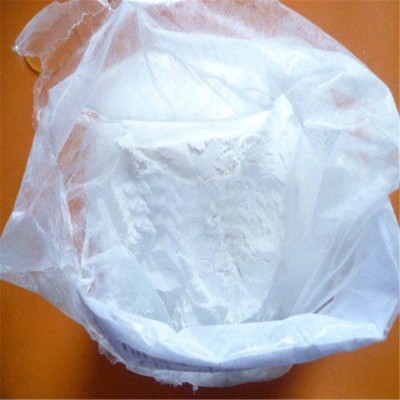


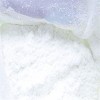




 Product quality protection
Product quality protection 

